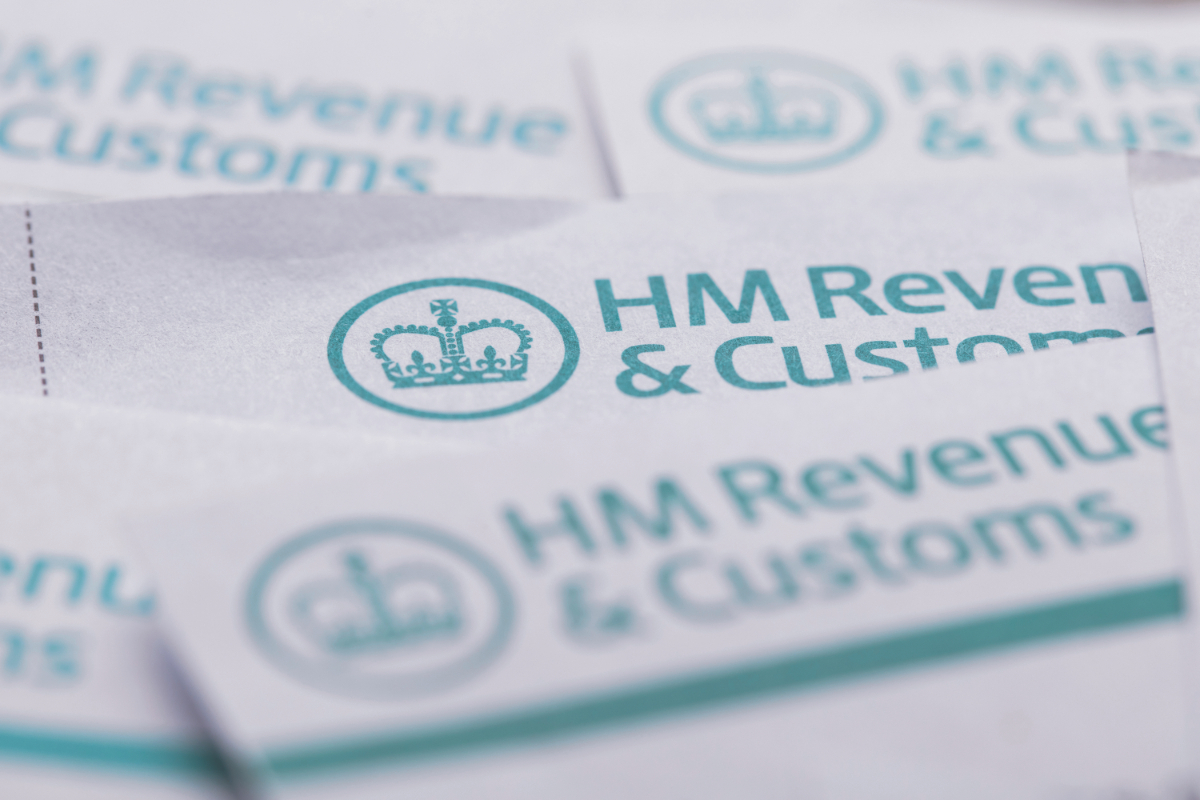By Maria Ward-Brennan
Copyright cityam

From next April, tax advisers will be required to register with HMRC and meet certain minimum standards, as a top legal body has warned that this “risks undue burden on professionals.”
Following a consultation carried out in 2024, HMRC published its policy paper and draft legislation in July, which outlined a new legal requirement for tax advisers who interact with HMRC on behalf of their clients to register with HMRC and meet minimum standards.
Those who will be required to register are professionals defined as tax advisers.
The proposed law will be introduced within the Finance Bill 2025-26, with an operative date for mandatory registration commencing on 1 April 2026, accompanied by a minimum three-month transition period.
As a result, the government will invest £36m to modernise existing registration services.
This new legislation comes as a result of the government’s drive to raise standards in the tax advice market.
Red tape being ‘cast too widely’
However, the president of the Law Society criticised the current framework, claiming it “is cast too widely and risks imposing significant new burdens and uncertainty on advisers”.
“That is particularly true for sole practitioners and small firms. Most importantly, it also does not deliver better outcomes for taxpayers,” noted Richard Atkinson.
He explained that “the proposed definitions of ‘tax adviser’ and ‘interaction with HMRC’ are so broad that many legal professionals who neither advertise themselves as tax specialists nor act as tax advisers in any meaningful sense, could be at risk of falling short of the minimum standards.”
He said that as a result, it makes the proposals “unfair and unwieldy”.
Instead, the legislation should target only those agents who pose the greatest compliance risk. His other recommendations include avoiding regulatory duplication and providing greater clarity on the differences between firm-level and individual-level regulations.
This comes as the government has put HMRC into full focus by assigning it extra funding and powers, as Rachel Reeves seeks to raise over £1bn in additional gross tax revenue.
As part of the plans, the government will continue the rollout of Making Tax Digital (MTD) for income tax self-assessment, with sole traders and landlords with qualifying income over £20,000 joining from April 2028.



